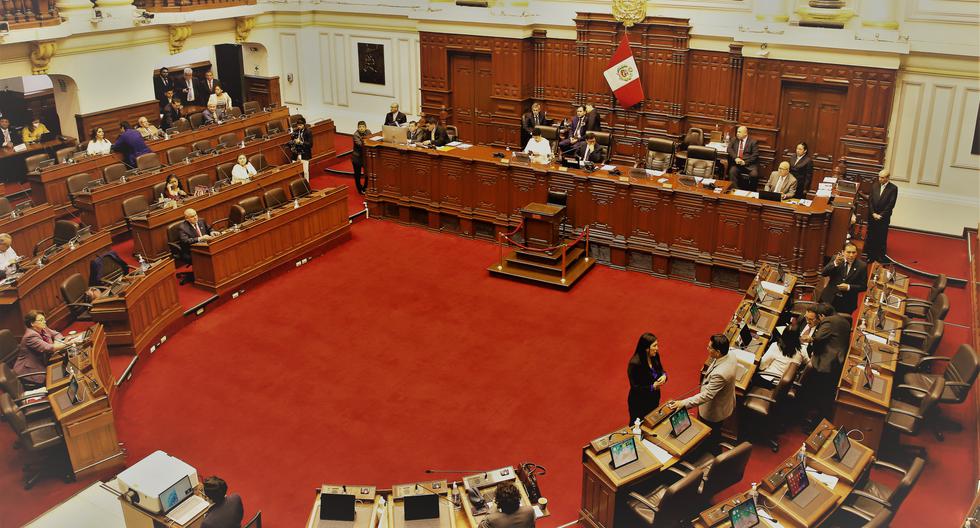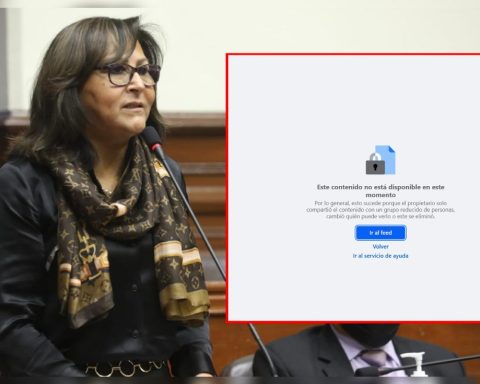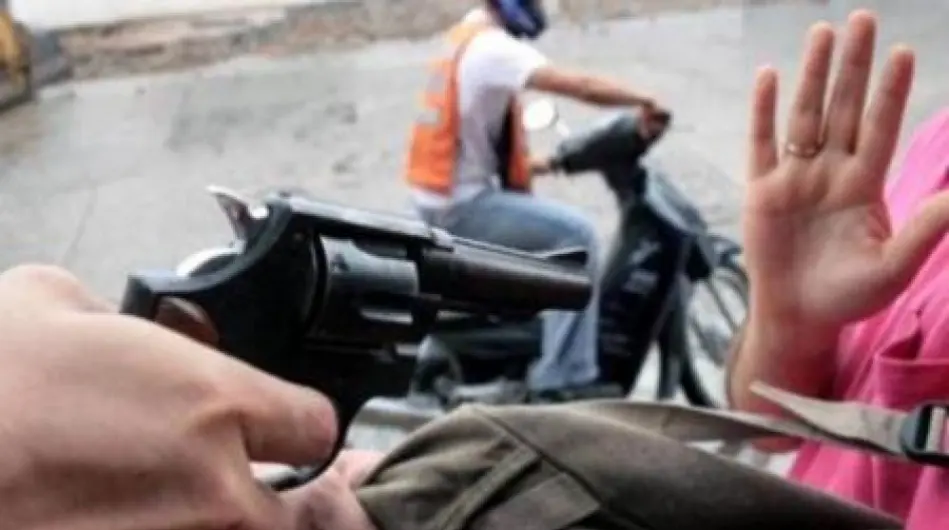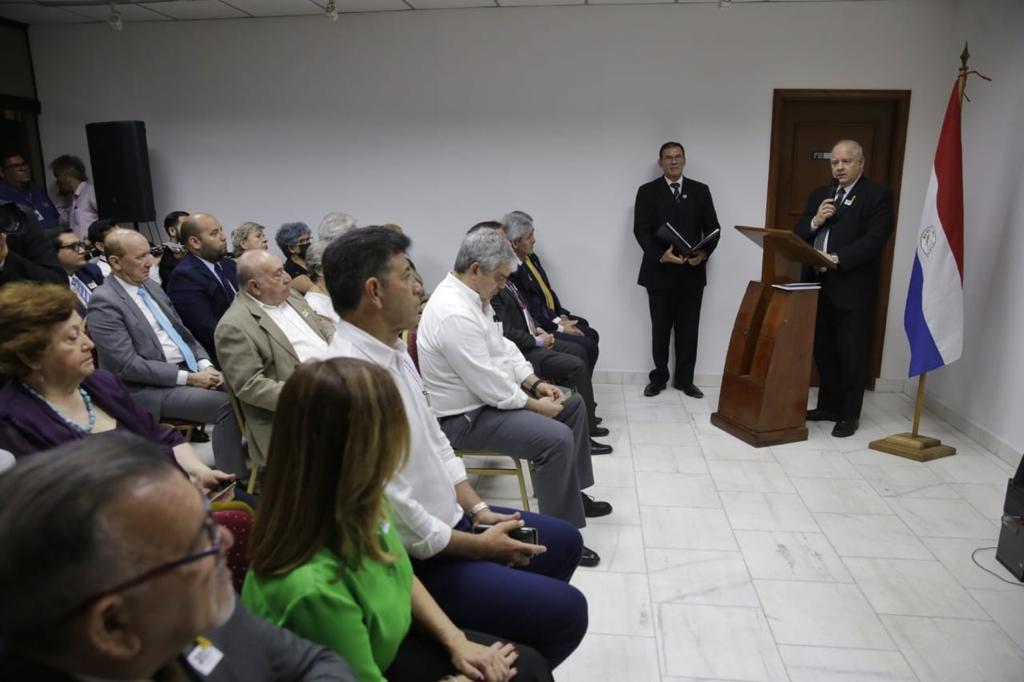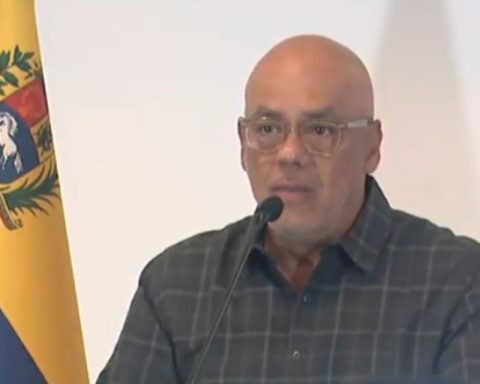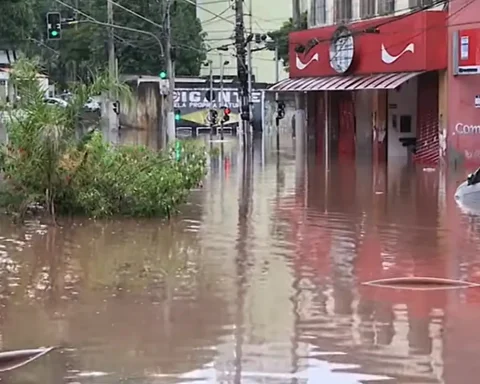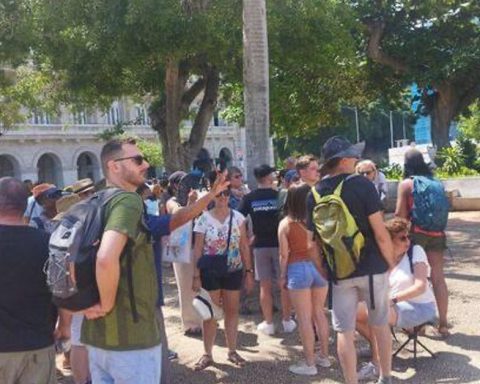Ricardo Cuencaformer Minister of Education, pronounces himself on the maneuver of a group of congressmen in the constitutional Court to attack the Sunedu and university reform.
Does the ruling of the TC violate the university reform?
Indeed. Here we have to see two things: We must all be absolutely clear that this is a judicial ruse, a shortcut of 33 congressmen to violate the board of directors of Sunedu. They have presented the consultation to the Judiciary to leave without legal support the amparo appeal presented by Sunedu and, therefore, make valid the law –which they approved– that calls for the recovery of university ‘autonomy’, which is false and the Court itself has already said it before.
Whats the matter, then?
It is about weakening the Board of Directors of Sunedu. Being a judge and party regarding the regulation of the quality of education, but it is also a violation of the Ministry of Education itself as the governing body of educational measures. So we are talking about a frank deterioration and cancellation of the university reform.
Why is there talk of a legal ruse?
What happens is that after having approved this law that violated the reform, Sunedu sent an action for amparo with which this idea of reform was paralyzed. What the 33 congressmen have done is file a constitutional claim against their own law in the Constitutional Court to annul the amparo filed by Sunedu.
What are the actions to take?
First you have to wait for the sentence to be known in its entirety to see what happens with the resolution and be attentive to what follows. The reform has a lot of legitimacy and that will allow it to give it the support it needs.
What is behind those 33 congressmen?
As I have said from the beginning, there is a set of particular interests and not the interests in the country, in the family, in the students, in the students. University education would be hurting a lot. Before 2014, what was the condition of the universities? what kind of universities were there? Now we run the risk that once again the State cannot guarantee families or young people the tranquility of an educational offer with basic quality conditions.
What were the universities like back then?
At that time, in 2013, the debate on the university law showed the neglect of the State with the public university, the heterogeneous quality of the private offer, a weak student movement, impressive salaries of university authorities, congressmen linked to private universities, ‘lobbyists’ ‘ specialized in stopping legislative projects, the legal limbo in which the National Assembly of Rectors (ANR) operated, public universities unable to spend the budget granted for research, and many private universities that obtain millions of soles a year in profits in exchange for a poor quality service. We don’t want to go back to the same.
RECOMMENDED VIDEOS:
:quality(75)/cdn.jwplayer.com/v2/media/FwQMAQHm/poster.jpg)
